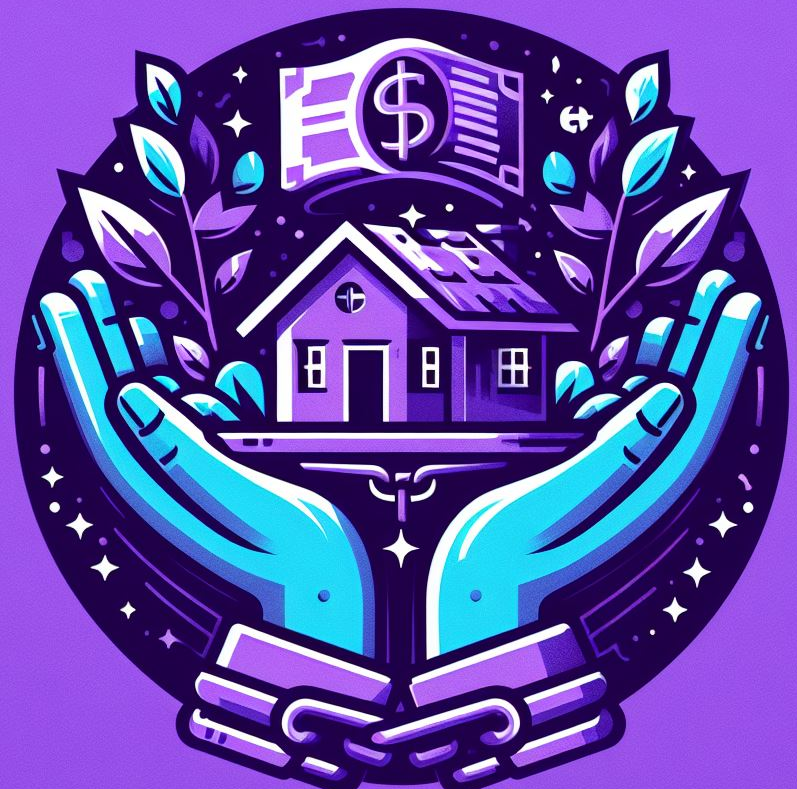Mastering Your Finances: Debt Management Tips for a Brighter Financial Future
In today’s fast-paced world, managing debt effectively has become a critical aspect of financial well-being. Whether you’re struggling with credit card debt, student loans, or other financial obligations, finding ways to effectively manage and ultimately eliminate debt can significantly improve your financial health and overall quality of life. In this comprehensive guide, we’ll explore some practical debt management tips to help you regain control of your finances and pave the way for a brighter financial future.
Understanding Your Debt
The first step towards effective debt management is gaining a clear understanding of your current financial situation. Take stock of all your debts, including credit card balances, loans, and any other outstanding obligations. Make a list of each debt, along with its corresponding interest rate, minimum monthly payment, and total balance owed. This comprehensive overview will provide you with a solid foundation for developing a strategic debt repayment plan.
Create a Budget
Creating a budget is essential for managing your finances and prioritizing debt repayment. Start by determining your monthly income and fixed expenses, such as rent or mortgage payments, utilities, and groceries. Next, allocate a portion of your income towards debt repayment, ensuring that you can cover the minimum payments on all your debts while still having some leftover for savings and discretionary spending. Stick to your budget religiously to avoid overspending and accumulate additional debt.
Prioritize High-Interest Debt
When it comes to debt repayment, focusing on high-interest debt should be your top priority. High-interest debts, such as credit card balances, can quickly accumulate interest and become a significant financial burden if left unchecked. Allocate extra funds towards paying off these high-interest debts while continuing to make the minimum payments on your other obligations. This approach, known as the debt avalanche method, allows you to save money on interest payments and accelerate your journey towards debt freedom.
Explore Debt Consolidation Options
If you’re juggling multiple debts with varying interest rates and payment schedules, debt consolidation may be a viable option to simplify your finances and potentially lower your overall interest costs. Consider consolidating your debts into a single loan with a lower interest rate, such as a personal loan or a balance transfer credit card. This consolidation strategy can streamline your debt repayment process and make it easier to track your progress towards becoming debt-free.
Negotiate with Creditors
Don’t hesitate to reach out to your creditors if you’re struggling to make your monthly payments. Many creditors are willing to negotiate with borrowers facing financial hardship and may offer reduced interest rates, waived fees, or modified payment plans to help you stay on track. Be honest and transparent about your financial situation, and don’t be afraid to advocate for yourself. A simple phone call could potentially save you hundreds or even thousands of dollars in interest and fees.
Build an Emergency Fund
Building an emergency fund is crucial for protecting yourself against unexpected expenses and financial setbacks. Aim to save at least three to six months’ worth of living expenses in an easily accessible savings account. Having an emergency fund in place can provide you with a financial safety net and prevent you from relying on credit cards or loans to cover unexpected costs.
Stay Committed to Your Goals
Lastly, staying committed to your debt management goals is key to long-term success. Consistency and discipline are essential virtues when it comes to managing debt effectively. Avoid falling back into old spending habits and make conscious choices to prioritize your financial well-being. Celebrate small victories along the way and stay focused on the ultimate goal of achieving financial freedom.
On a final note, thank you for your time and attention.
Managing debt can be a challenging journey, but with the right strategies and mindset, it’s entirely possible to overcome financial obstacles and achieve your goals. By understanding your debt, creating a budget, prioritizing high-interest debt, exploring debt consolidation options, negotiating with creditors, building an emergency fund, and staying committed to your goals, you can take control of your finances and pave the way for a brighter financial future. Remember, every step you take towards debt freedom brings you one step closer to financial independence and peace of mind.






